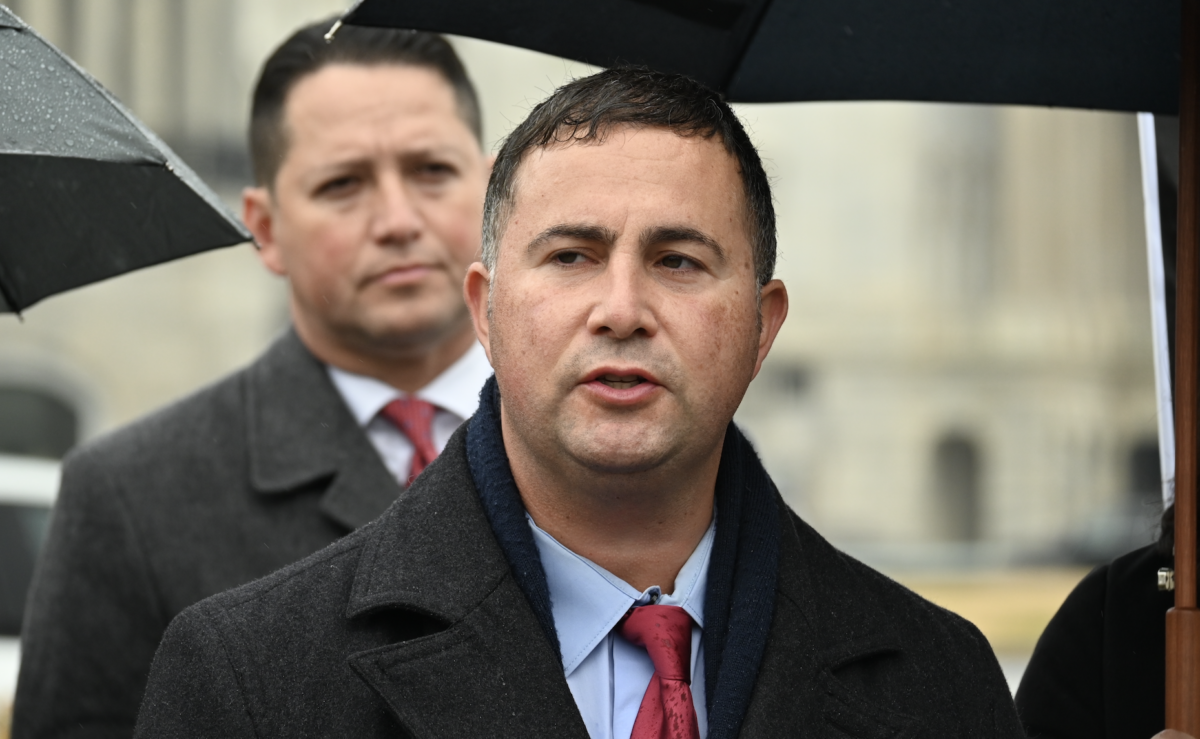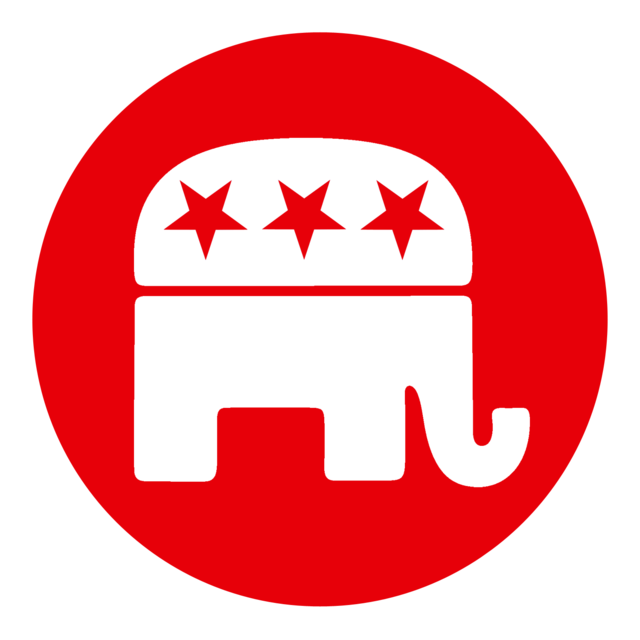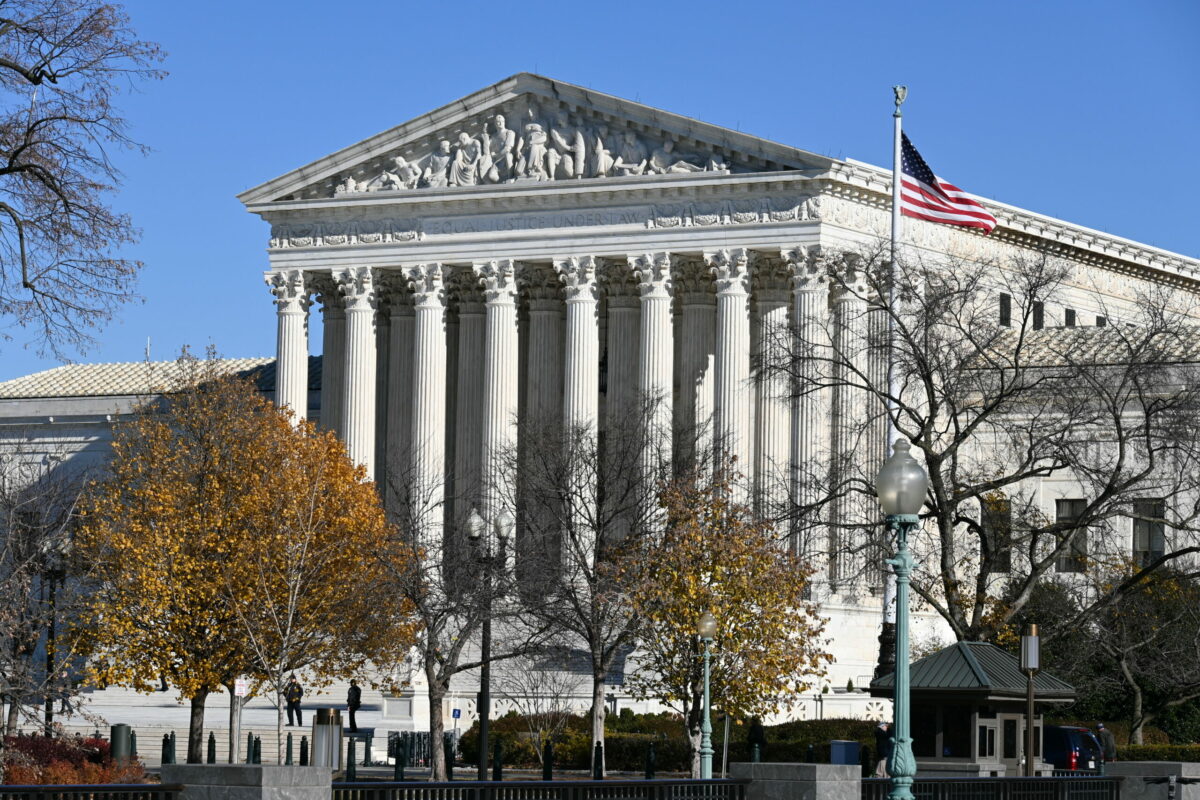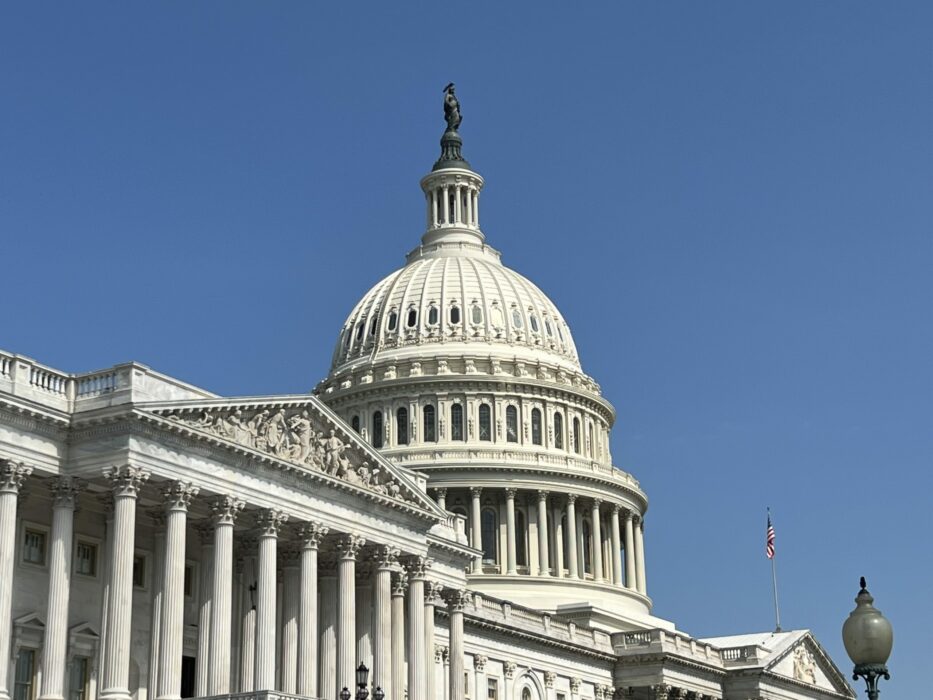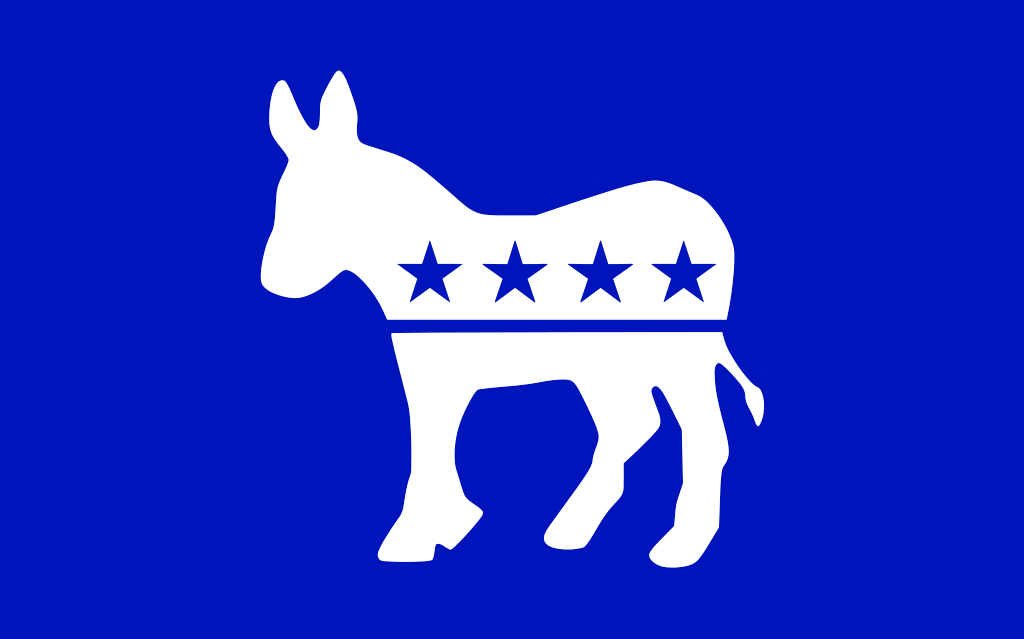US Representative Darren Soto (D-FL) recently filed the Stopping Hijacking of Identity Expressly for Libel on Domains (SHIELD) Act to provide legal recourse for those whose identities are used online without consent.
The legislation would give victims of social media account hijackings to post libelous, scandalous, and criminal content civil recourse against perpetrators.
Generative Artificial Intelligence’s (AI) emergence has enabled the proliferation of false content across the internet. Many attackers are seeking to infiltrate accounts with broad audiences to publish false content.
Representative Soto’s legislation establishes legal remedies for victims of such attacks.
“It is now time to review common-sense reform that gives individuals legal recourse when their identities are used online by bad actors to spread libelous content,” said Soto. “With the SHIELD Act, we’re holding those who commit these crimes accountable and ensuring that victims have somewhere to go to defend their reputation and receive justice.”
Soto’s bill would enable victims to receive financial relief for any damages caused and require social media companies to explain the false origin of the published content upon a victim’s request.
As is usually the case with legislation involving Social Media, exceptions listed in section 230(c)(1) of the Communications Act of 1934 (47 U.S.C. 230(c)(1)) were added.
Section 230(c)(1) shields social media companies from liability for any content published by users of their social media platforms.
Section 230(c)(1) has become increasingly controversial over the years as some have complained social media companies’ filtering content on their sites should make them responsible for it.
A 2023 Supreme Court Case, Gonzalez v Google, challenged Section 230(c)(1)’s constitutionally.
The Court, however, dismissed the case on separate legal grounds, leaving the question of Section 230(c)(1)’s constitutionality unanswered.
The SHIELD Act was referred to the House Committee on Energy & Commerce upon its introduction. If passed, it will become law upon bicameral ratification and Presidential approval.





